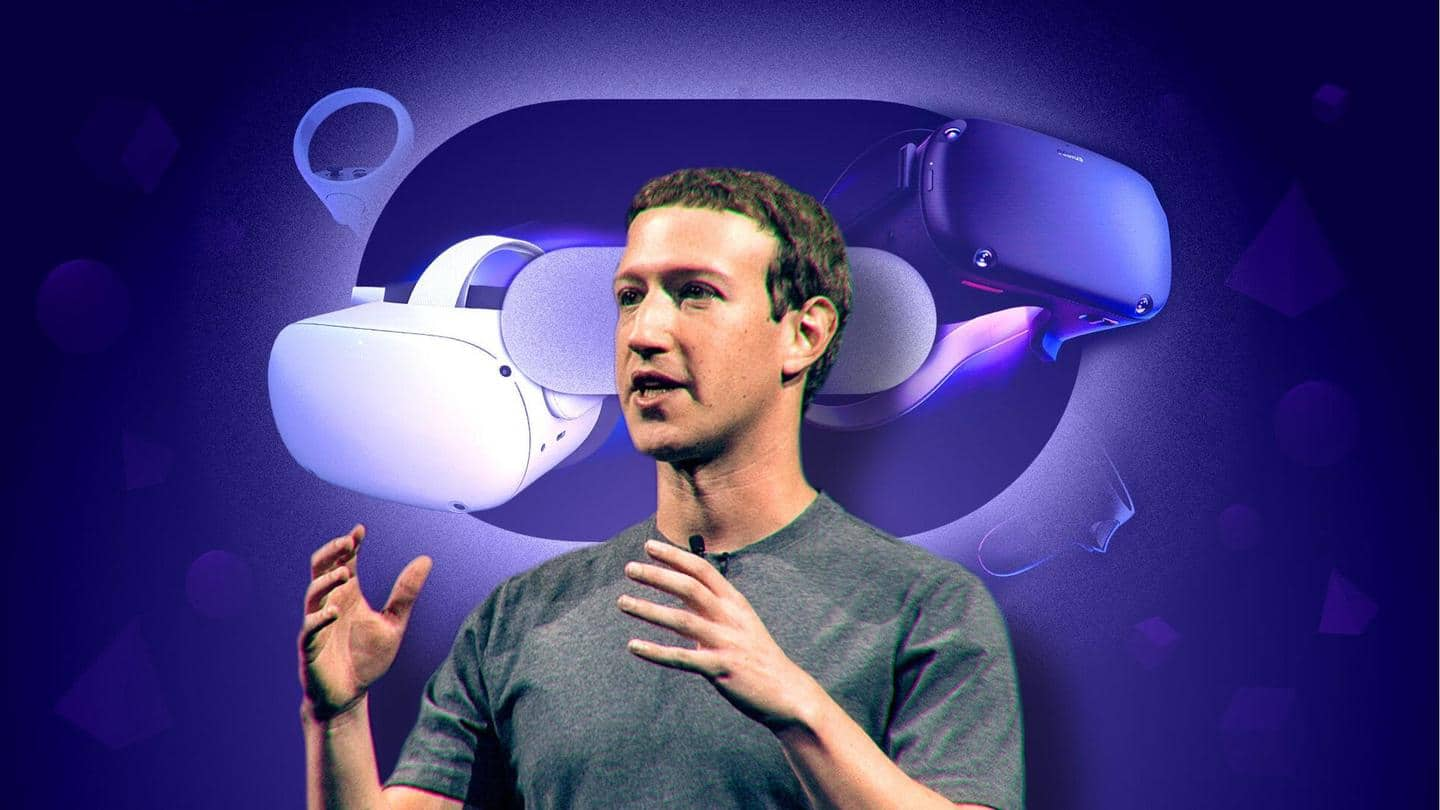While billionaires Richard Branson and Jeff Bezos took their space-makes for a twist into space, another very rich person zeroed in on the test of contending in a completely unique universe. The driving desire to extend and investigate is driven by a base inclination to get away from our beginnings and reach for the following wilderness. For Imprint Zuckerberg the next outskirts are the metaverse.
Mark Zuckerberg is wagering on the metaverse as the replacement to the present versatile web. The Skirt as of late revealed Zuckerberg’s declaration that Facebook would endeavour to assemble a metaverse — a maximalist, interconnected arrangement of encounters, crossing social presence, office work, and diversion. This undertaking is a turn from the organization’s emphasis on informal communities to a crossover where buyers can, at last, exemplify themselves in virtual conditions.
As John Herrman and Kellen Carmelizing clarified in their New York Times piece, the metaverse has regularly, in fiction, been introduced as an idealistic wilderness where normal practices and worth frameworks can be expressed “once again, liberated from social and financial sclerosis”.
From another vantage point, the metaverse can likewise seem tragic — a definitive objective of our aggregate inability to battle our web-based media’s driving forces.
The thought behind metaversality is certainly not another one. It’s been in progress for quite a long time, perhaps the most well-known dreams of this thought are portrayed in Neal Stephenson’s 1992 novel Snow Crash. The metaverse is utilized to portray an augmented experience world, where individuals go to live, work, and play in a full-tactile climate. It is an encounter so vivid that it’s difficult to recognize from the real world.
While the thought seems like a component out of sci-fi, pieces of this universe have been waiting, nearly legitimizing their reality. Computer games like Roblox and Fortnite, just as Creature Intersection: New Skylines, have metaverse-like components. So does web-based media. On the off chance that you’ve gone to a work meeting or gathering utilizing an advanced person that can work across augmented reality stages, then, at that point, you have gone into the domain of metaversality. In their New York Times piece, Herrman and Carmelizing hypothesize that assuming you own a non-fungible token or even only some crypto, you have as of now participated in the metaverse experience.
There are numerous approaches to mark a metaverse — a 3D computer-generated simulation facilitated essentially for those looking for idealism from their genuine universes, or a decentralized virtual economy with pursued land for those pursuing FOMO. The metaverse could be a techno-loaded hallucination of self-rule set upon a desert of oversight, or a pastel-tinted social positioning loathsomeness from Dark Mirror.
“Our overall objective across these drives is to help rejuvenate the metaverse,” Zuckerberg said.
This is a turn not just as far as the essential focal point of the organization, yet in addition to our impression of the actual thought. The metaverse isn’t only a virtual world that we can venture into, however rather a world that we can encapsulate ourselves.
Zuckerberg decided to position the metaverse as a vehicle that will help individuals “convey and experience a lot more grounded feeling of the essence with individuals they care about, individuals they work with, the spots they need to be.”
Of the multitude of occasions paving the way to this, the pandemic most prominently drove shoppers to revise our relationship with the web. As our general surroundings got enveloped by lockdowns, we searched out better approaches to ship ourselves without moving actually. Security incited measures transformed our homes into workplaces, rec centres, and schools. A hostage circumstance, which would somehow appear to be tragic, loosened up and re-wired itself into our heart as a Lysol-cleaned place of refuge.
Of the multitude of occasions paving the way to this, the pandemic most quite drove shoppers to revise our relationship with the web.
Unavoidably the gravity of an internal locus of control pulled us towards vivid encounters. There has been a central change in how shoppers get esteem from portability (or the scarcity in that department). Brands have surely gotten on the sign. Mastercards like Pursue Sapphire and The Platinum Card®, which generally remunerated travel focuses, turned to the way of life impetuses. For instance, Pursue Sapphire clients can procure prizes for Pelotons bicycles.
Zuckerberg accepts that the metaverse will introduce incredible freedoms for people inspired by individual imaginative and creative pursuits, the individuals who need to live in regions from metropolitan focuses, and the individuals who live in regions where training or diversion openings are restricted.
All in all, the most compensating part of the metaverse isn’t the glory of computer-generated reality; rather it is the charm of fortifying our connections — particularly with the web.

